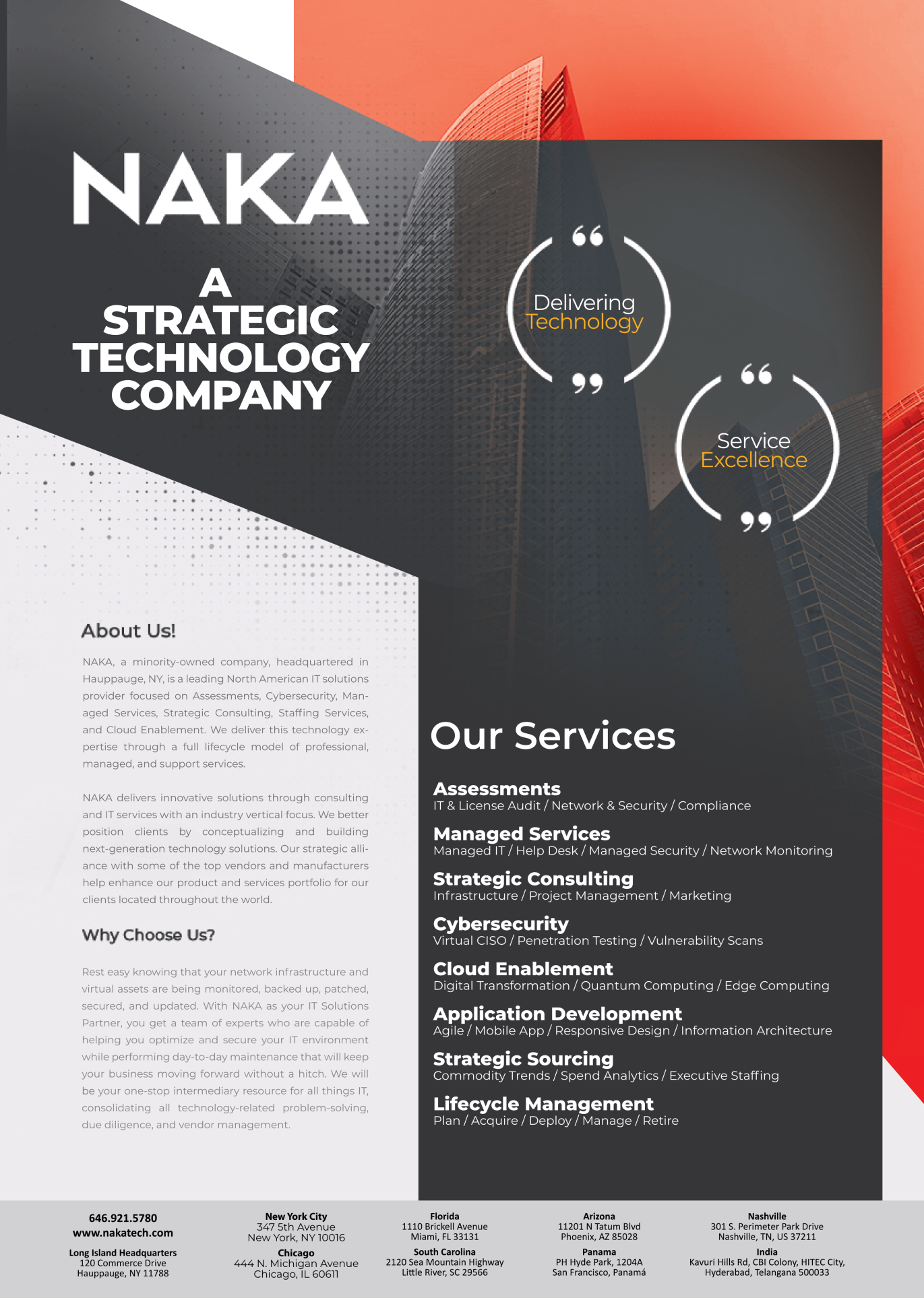The Impact of Staffing in the Organizations for Growth

The Impact of Staffing in the Organizations for Growth
Approximately 30 million small businesses employ 48% of private-sector workers in the United States. Along with this, small businesses generate two-thirds of the new jobs every year.
The fact is that hiring is the major component for companies in the competitive world. It is essential to hire from the talent pool that can add on to the services and grow business in their niche.
Nevertheless, with several aspects in mind, owners can forget about staffing.
What is Staffing?
Staffing in the organization is a management function through which companies can achieve their objective, including motivating, hiring, and retaining employees. The motive is to fill in the several job role positions in the company with the potential candidate that can fit the requirements.
It is considered a vital part for managers to develop, procure, and motivate employees to achieve organizational goals.
What are the major impacts of Staffing on the company?
Staffing is a key aspect that allows a manager that is somewhat related to Human Resource Management. It is a function that fills in the vacant position with potential employees that can help companies meet their end goals.
How can staffing impact the business and its future?
1. Resources Optimal Utilisation
Companies depend upon several resources such as money, machine, and material that employees use optimally for the benefit of the organisation. The employees use these resources to not only work efficiently but to meet the goals of an organisation. Hence, by recruiting efficient, appropriate, and potential employees, the staffing function can ensure the optimal use of a resource that can add to business value.
2. Motivation
Employees are fueled up with motivation if it is done in the right way. Hence it is essential to match the individual qualities to ensure that employees can do their jobs efficiently. This can be achieved with a staffing function that can match the qualities, reduce work burden, and ensure that employees are satisfied with their jobs. This will automatically motivate employees to complete their tasks efficiently.
3. Human Capital Development
Intellectual investment is also an essential part of the business world. Due to this, companies take measures to develop and sharpen human capital. This includes rigorous training and development programmes that organisational personnel need to carry forward.
4. Smooth Functioning
Companies need to hire competent people that can offer less chaos or rift in the organisation. It increases cooperation and coordination while leading to smooth functioning. Recruitment leading to contentment and job satisfaction also help reduce absenteeism and employee turnover.
5. Cost Reduction
Another major impact of staffing functions is to appoint the potential candidate that can meet the requirements. This ensures that employees can do the job right, reduce cost, and minimize wastage. If the employees know about the work then they will be able to do it with less wastage, minimum mistakes, and leverage other resources.



